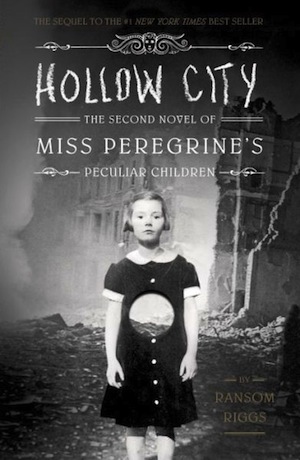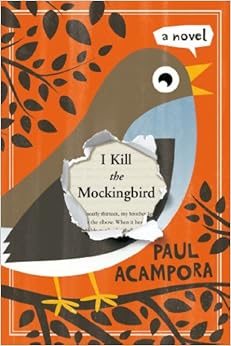Ripper is the story of Carver Young, an orphan living in New York City. At the beginning of the book, Carver's orphanage is told it's being shut down, and he is hurriedly adopted by a man named Mr. Hawking. Despite the fact that Mr. Hawking is eccentric and not in the best of health, Carver is excited by this opportunity because Mr. Hawking is a detective, and Carver has always been intrigued by detective work, especially with the recent "Library Murders" that have been going on.
Soon after his adoption, Carver is thrown into the world of the "New Pinkertons" - a world of gadgets, spying, and doing anything possible to stop a criminal. He's also been given an incredible test by his new "father" to find the Library Killer, but along the way he finds that he may be more connected to the murders than he originally thought.
Ripper really gripped me in the beginning, but I kind of lost steam in the middle of the book. The plot seemed to slow down a little bit, and there were lots of subplots that were kind of distracting. Overall, I enjoyed the book and some of the twists in it, but Name of the Star is still my favorite Jack the Ripper book!
Also Try: Name of the Star, by Maureen Johnson; Ripper, by Amy Carol Reeves



